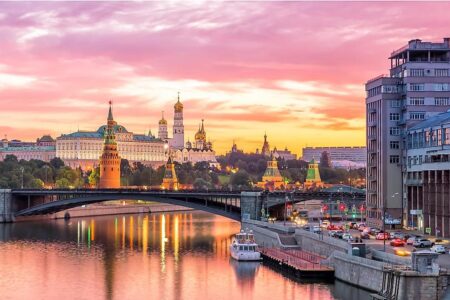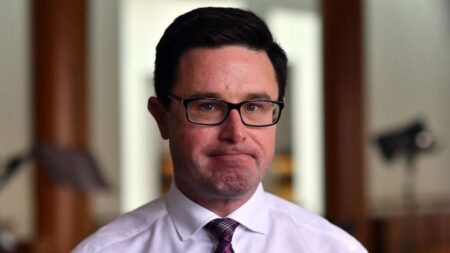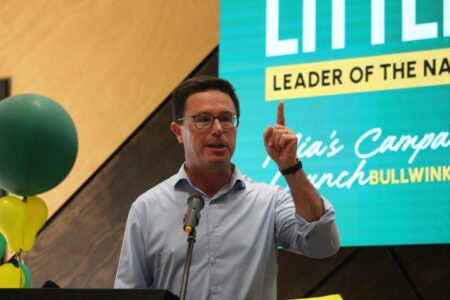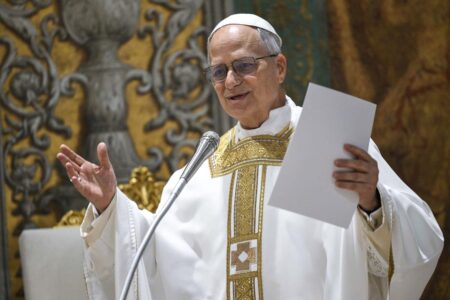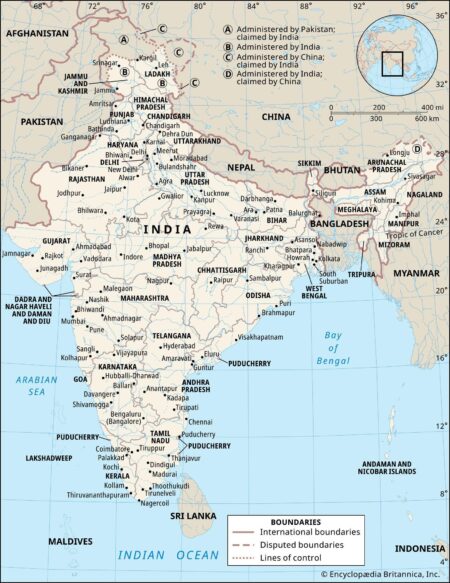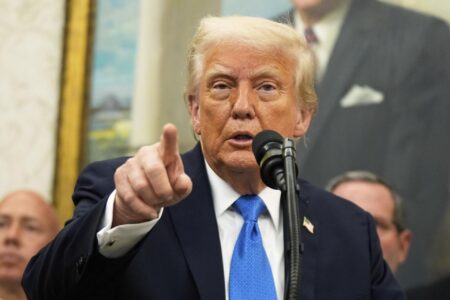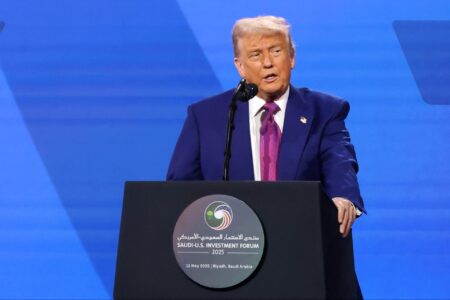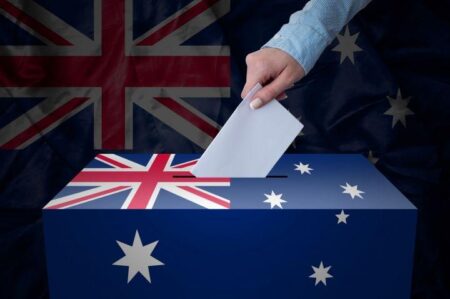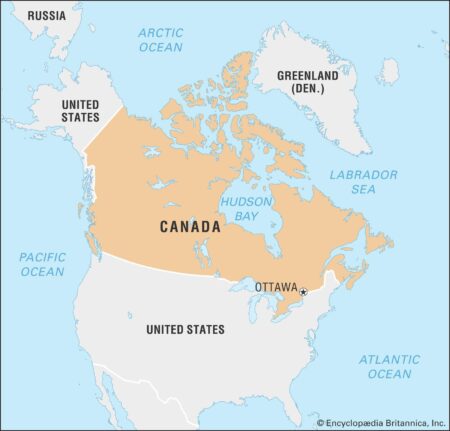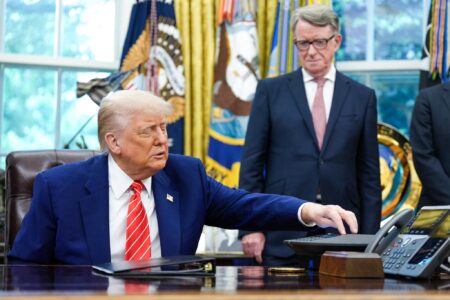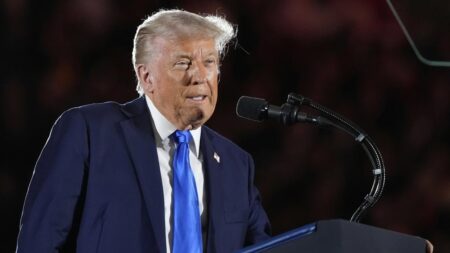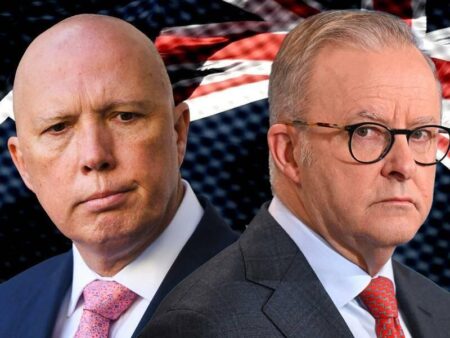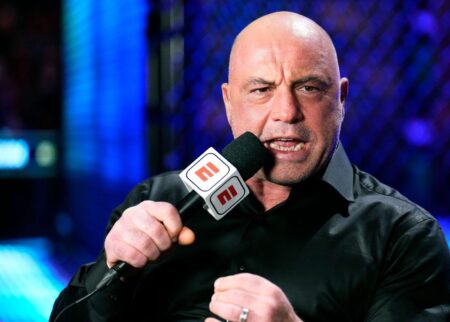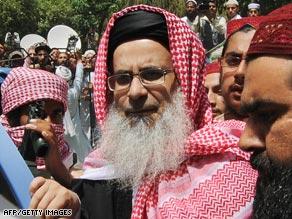Russia has firmly rejected the Vatican as a possible location for peace talks concerning Ukraine, branding the idea as “vulgar.” This dismissal highlights the persistent diplomatic strains as attempts to find a resolution to the conflict continue to stumble.
Browsing: political commentary
Australia’s Liberal-National coalition is in turmoil after a stunning defeat in the recent elections. This setback has ignited a leadership crisis, leading to urgent calls for reform and a thorough reevaluation of strategies as the party navigates its uncertain future.
In a recent statement, Coalition member David Littleproud hailed the ongoing discussions about reuniting the party as a “positive move.” This dialogue is not just about coming together; it’s a strategic effort to bolster party unity and elevate its standing as they gear up for future elections.
In a recent interview, Turning Point USA’s Alex Clark made a bold statement about the GOP’s allure, suggesting that women’s preferences play a significant role. She remarked that women are “not attracted to the David Hoggs of the world,” sparking lively debates on gender dynamics and political identity within the party
In a bold statement, former President Donald Trump proposed that Pope Leo might serve as a crucial mediator in the escalating conflict between Russia and Ukraine. This intriguing notion not only sparks curiosity but also invites us to ponder the potential of religious diplomacy in shaping global politics
India is keenly observing the evolving partnership between Pakistan and Bangladesh, as recent diplomatic interactions hint at a possible transformation in regional alliances. This intriguing development stirs concerns about the strategic landscape in South Asia, compelling India to reassess its foreign policy approach.
In a stunning turn of events, former President Donald Trump is now urging investigations into celebrity endorsements, sparked by Bruce Springsteen’s sharp critiques. This unexpected call to action underscores the deepening cultural divide in the U.S., as political leaders grapple with the powerful sway of celebrity influence
In a dramatic turn of events, India has initiated airstrikes against Pakistan, raising alarm bells among global experts. Analysts are sounding the warning about possible regional instability and are calling for urgent diplomatic efforts to prevent further escalation. The future for both nations hangs in the balance, shrouded in uncertainty.
Former President Donald Trump took aim at Apple CEO Tim Cook, expressing his discontent over the decision to shift iPhone production to India. He argued that this move jeopardizes American jobs and stifles innovation at home. Trump’s comments underscore the persistent friction surrounding manufacturing and economic strategy in the United States.
In a stunning twist, Trump joyfully hailed the resolution of a long-standing conflict, but India’s leaders expressed deep feelings of betrayal. This unexpected announcement has ignited tensions, underscoring the intricate web of international diplomacy and the delicate balance of regional stability
In the recent Australia federal election, Peter Dutton encountered a major setback, as he lost crucial constituencies in his traditional stronghold. This unexpected shift highlights evolving voter sentiments and presents new challenges for the opposition leader as he navigates his future strategies.
In a spirited rebuttal to former President Trump’s playful notion that Canada might thrive as the 51st US state, former Bank of Canada governor Mark Carney emphatically stated, “Canada is not for sale, ever.” Carney’s bold declaration highlights the unwavering sovereignty of the nation in the face of shifting geopolitical conversations
A recent trade agreement, hailed by the Trump administration, has come under fire as yet another “con on American workers.” Critics argue that this deal overlooks crucial labor rights and environmental protections, sparking serious doubts about its actual advantages for the economy.
In a recent statement, U.S. Ambassador to Canada, David Cohen, responded to former President Donald Trump’s remarks about the idea of adding a “51st state,” declaring that such discussions are firmly “behind us.” Cohen highlighted the importance of looking ahead and strengthening the bonds between the U.S. and Canada as we move forward together.
In Dickson, Peter Dutton’s election campaign took a nosedive, perfectly illustrating the Peter Principle—where leaders ascend only to reveal their shortcomings. A series of missteps and growing public discontent laid bare vulnerabilities that transformed once-loyal voter support into deep-seated skepticism, putting his political future in serious jeopardy.
In a captivating recent segment on CNN, analyst Harry Enten delved into how Australians view Donald Trump’s impact on their country. His analysis uncovers a fascinating tapestry of opinions, showcasing a blend of admiration and apprehension surrounding Trump’s political legacy
Former President Donald Trump proposed that the highly anticipated World Cup might just be the key to encouraging Russia to put an end to its aggression in Ukraine. He highlighted how international sports can unite nations and promote peace, urging world leaders to seize this unique opportunity for diplomacy.
In a recent episode, Joe Rogan didn’t hold back as he slammed Canada for choosing to reelect the Liberal Party, calling the move “dumb.” His remarks added fuel to the fire, especially with Conservative candidate Pierre Poilievre declining an invitation to join him on the podcast, heightening the already charged political atmosphere
Recent electoral setbacks for conservative parties in Australia and Canada have unveiled intriguing parallels. Voter frustration over critical issues like climate policy and economic management is driving a significant shift in political loyalties, compelling right-leaning leaders to engage in urgent self-reflection.
In a stirring sermon, a well-known Pakistani cleric took a bold stand against his government’s “tyrannical” policies, passionately denouncing any looming conflict with India. His thought-provoking remarks have ignited widespread conversation, shining a light on the increasing discontent surrounding government actions and international relations

